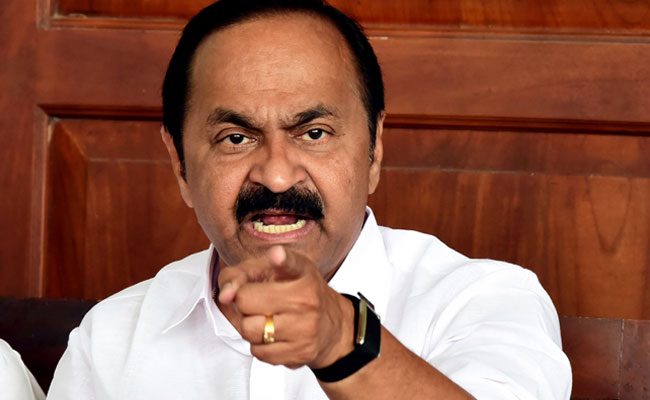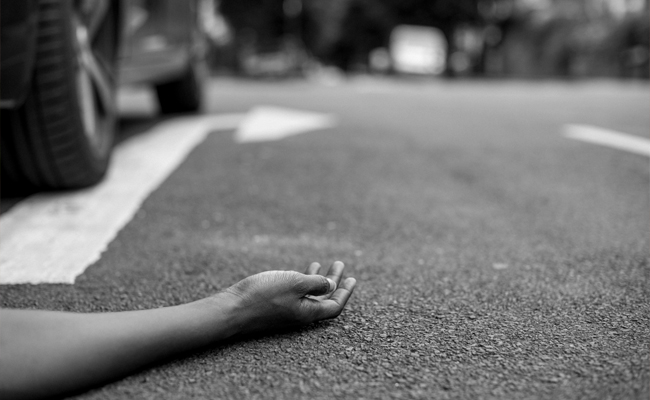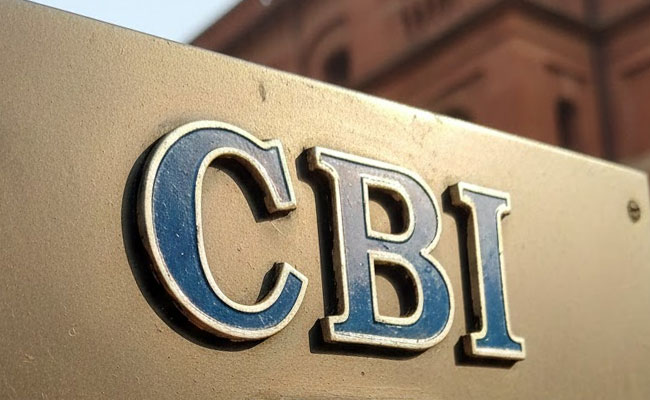The high fibre content of bananas helps bowel regularity and ease constipation. They are extremely good for drooping energy levels, too. Bananas contain slow release sugars, which act as energy boosters.
With so many health benefits, all packed into one delicious fruit, yet there are many who are weary of having them at certain points in a day. For instance, according to old wives' tale, eating banana during the night may aggravate cold and cough.
Is it safe to have bananas during night?
According to Ayurveda expert Dr. Ashutosh Gautam, "There is nothing unsafe about eating bananas at night. But, one may want to avoid it late at night. It is known to aggravate cough and cold. As banana is a heavy fruit, it takes a long time to digest. If you want to eat it make sure you have it 2-3 hours before you hit the bed. Bananas make you feel lethargic and lazy too."
It is a common belief that eating bananas or citrus fruits should be avoided by those who have cold and cough, especially at night. It is true that during night you are more vulnerable to infections. It is also true that one should avoid eating anything close to bedtime, as that is when our metabolism is the lowest and our body is looking to wind down. If you feed your body with food, it would transform into energy, which our body is not exactly looking for at that time.
Let the Truth be known. If you read VB and like VB, please be a VB Supporter and Help us deliver the Truth to one and all.
Thiruvananthapuram (PTI): Congress leader V D Satheesan on Saturday said that his party and the UDF were not opposed to any high-speed rail project, provided it was environmentally sustainable and financially viable for the state.
Commenting on the ongoing debate between the state government, which is pushing for the Regional Rapid Transit System (RRTS), and 'Metroman' E Sreedharan, who has been advocating a high-speed rail project, Satheesan said Kerala required faster mobility solutions and that infrastructure development should proceed.
"We are not against any high-speed rail project, and it should come. But there should be proper environmental studies, and it should be financially viable for Kerala," the Leader of the Opposition in the Assembly told reporters here.
He said his party would not object to such a project even if it was brought by the Centre or the state government.
"The RRTS project was announced towards the end of the government’s tenure, just before it is going to leave the office. It was announced without even a preliminary study. However, we will support any good project," he said.
Satheesan said the Opposition had opposed the K-Rail project only after studying its Detailed Project Report (DPR).
"We realised it would create an environmental disaster in Kerala and would destroy the state financially. That is why we objected to it," he said.
He said the party did not oppose the high-speed rail project proposed by Sreedharan, as it required more detailed studies.
Satheesan said after expressing his views, he was attacked by those who claimed that he opposed the state government’s K-Rail project but welcomed a project proposed by the Centre.
"I said, let the Railways announce the project. Sreedharan is behind it, and we will examine it. But people, including the Kerala Industries Minister, attacked me," he said.
Satheesan said recent comments by Chief Minister Pinarayi Vijayan had confirmed that the government was aware of Sreedharan’s proposal and had taken it to Delhi.
He also recalled that when the Oommen Chandy-led government was in power, the present Industries Minister P Rajeev, had led protests following a fake campaign claiming that Sreedharan was being removed from the Kochi Metro Rail project.
"Now they don’t like Sreedharan. I don’t know what this is," Satheesan added.





